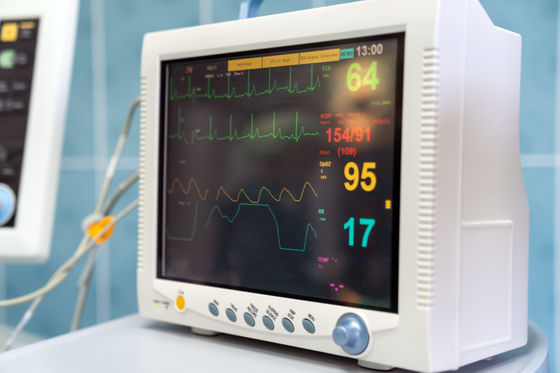'Biodegradable gel' to repair damage caused by heart attack is developed, light for treating millions of heart attack patients in the world

Researchers at the University of Manchester, England, have announced that they have developed a material that can be injected directly into the beating heart to repair heart damage. This is expected to dramatically advance the treatment technology for heart attacks.
New biodegradable gel could'repair damage caused by heart attack' | Times Series
Gel that repairs heart attack damage could improve health of millions | Heart attack | The Guardian
https://www.theguardian.com/society/2022/jun/08/gel-repairs-heart-attack-damage-improve-health-millions
Heart disease, such as heart attack, is the second leading cause of death in Japan and the leading cause of death worldwide. Advances in medical technology have increased the number of people who survive a heart attack, but because the heart's ability to regenerate is limited, few people suffer from aftereffects such as heart failure even if they survive their lives. There is none.
Researchers are devoting themselves to developing techniques to help the heart repair itself, but even if you inject repair cells into the beating heart, only one cell can stay there and survive. There was only%.

The biodegradable gel developed by researchers at the University of Manchester this time is made of
'Although the research is still in its infancy, it is very likely that this new technology will help repair a dysfunctional heart after a heart attack,' said Catherine King, a cardiovascular science researcher at the University of Manchester, who led the study. We are confident that this gel will be an effective option for cell-based treatments that help regenerate the damaged heart. '
To test the effect of the newly developed gel, King et al.'S research team conducted an experiment in which cells reprogrammed to become cardiomyocytes were added to the gel. As a result, the cells continued to grow in the Petri dish for 3 weeks and began to beat spontaneously. In addition, in an experiment in which the gel was actually injected into a living mouse, it was confirmed that the gel remained in the heart for 2 weeks, and no abnormality was found when the mice were examined by electrocardiogram or ultrasonography. , The safety of the gel has also been confirmed.

The results of this study were presented at the annual meeting of the British Cardiovascular Society in Manchester, June 6-8, 2022. The research team plans to test the gel in mice that have had a heart attack to see if they actually form new myocardial tissue.
Related Posts:
in Science, Posted by log1l_ks







